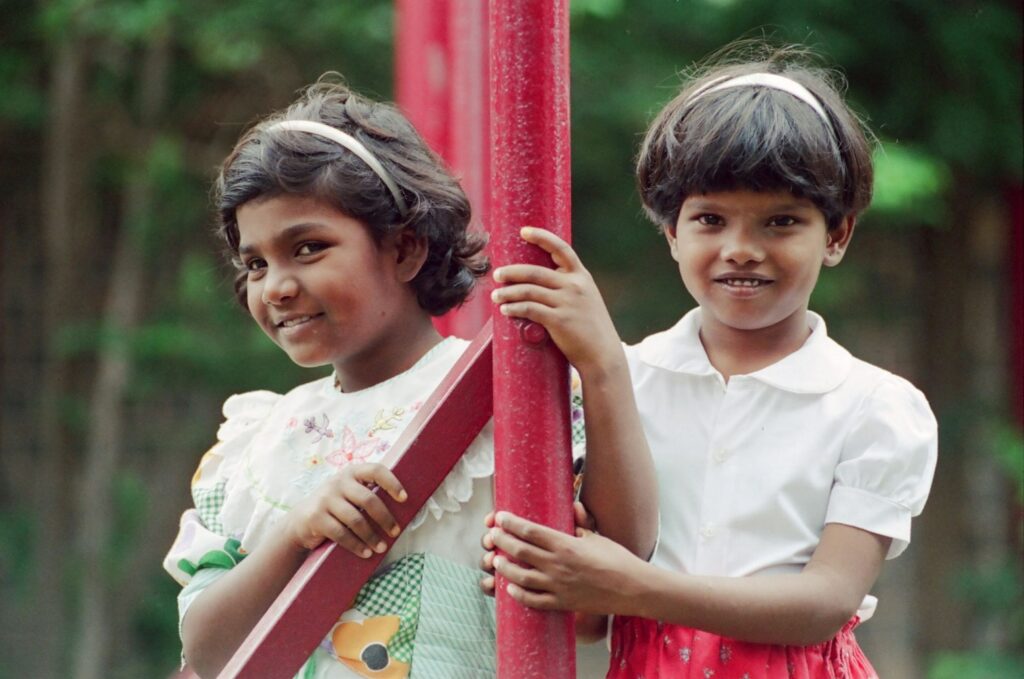
135 Years … & Counting!
All of the credit and glory goes to God!
One hundred and thirty-five years ago the year was 1889; the world’s first engine-driven flight with an internal combustion engine powering the propeller left the ground. Since then? Flight has literally ‘taken off’. The Institut Pasteur was founded in France and new discoveries are made almost immediately. Since then? Biotechnology is better understood by millions. One hundred and thirty-five years ago an educated Indian woman started a home for widowed child-brides. Since then? Read on for an amazing true story.
In 1858 a baby girl named Ramabai was born into an orthodox Hindu, high caste Brahmin family. The girl’s father wanted more for his wife and daughter than typical Indian culture allowed. He educated Ramabai in reading Sanskrit, instilled in her compassion for those less fortunate, and taught her the ideals of the Hindu faith. This education ultimately led to Ramabai becoming a social reformer, a champion for the emancipation of women, and a pioneer in education.
Over her young adulthood, Ramabai acquired a great reputation as an exceptional Sanskrit scholar at a time when women did not have access to basic educational facilities. Ramabai was fluent in nine languages. Deeply impressed with her knowledge and ability, Sanskrit scholars at Calcutta University conferred on her the titles of “Saraswati” and “Pandita”. In recognition of Pandita Ramabai’s contribution to the advancement of Indian women, the Government of India issued a commemorative stamp in her honor in 1989.
Pandita Ramabai relates the story of her life as having many ups and downs, from her birth in the high caste Hindu Brahmin family. Around the time of the deaths of her mother and father, she was struggling with the lack of fulfillment her faith was bringing. Her life was dramatically transformed when she had an encounter with Jesus Christ and began to follow Jesus. This undying love for Jesus only fueled her passion to help the less fortunate around her. She overcame many prejudices of Indian society to help downtrodden and fallen women and become one of India’s most revolutionary thinkers.
Defying the caste system, Ramabai married a Shudra (lower caste than a Brahmin). In 1882, she established the Arya Mahila Samaj in Pune and other parts of western India for the cause of women’s education. In 1896, during a severe famine, she toured the villages of Maharashtra and rescued thousands of outcast children, widows, orphans, and other destitute women. Seeing the need for her people to know Jesus, Ramabai translated the Bible into her native language, Marathi, from the original Hebrew and Greek texts. This led to her founding Sharada Sadan school in 1889. The school blossomed into the umbrella organization known as Pandita Ramabai Mukti Mission which continues today.
What has happened to this organization in these intervening years? Today the scope is stunning. The campus of the Mukti mission sprawls across more than 200 acres. The Mukti campus is not just empty space either. There are over 100 acres reserved for farming and a dairy to supply for the residents, however, the rest is taken up with a wide-ranging facility for abandoned women and children. There are 14 children’s homes, plus a nursery, a home for unwed mothers, a home for elderly women, and other women’s homes for those who have been persecuted and abandoned. There are also 2 complete school streams from grades K-10. The Marathi language school, and the rapidly expanding English Medium School. These two schools offer quality education to over 2,750 students. There is a hospital, a large church, staff housing for teachers and administrators, offices and storage buildings, and a three-building, three-story “strip mall” producing both income for the campus, and jobs for some residents. Each week over 1,500 people are given shelter, food, education, career training, and life-transforming hope! One hundred and thirty-five years after Pandita Ramabai started one home for disenfranchised women there are over 11 Orchard Projects in eight Indian states, in addition to the main campus, further multiplying the reach and impact of hope and transformation. In these 135+ years over 100,000 women and children have been served by Mukti Mission.
There are dozens of committed administrators and workers at the Mukti campus serving women and children today.
